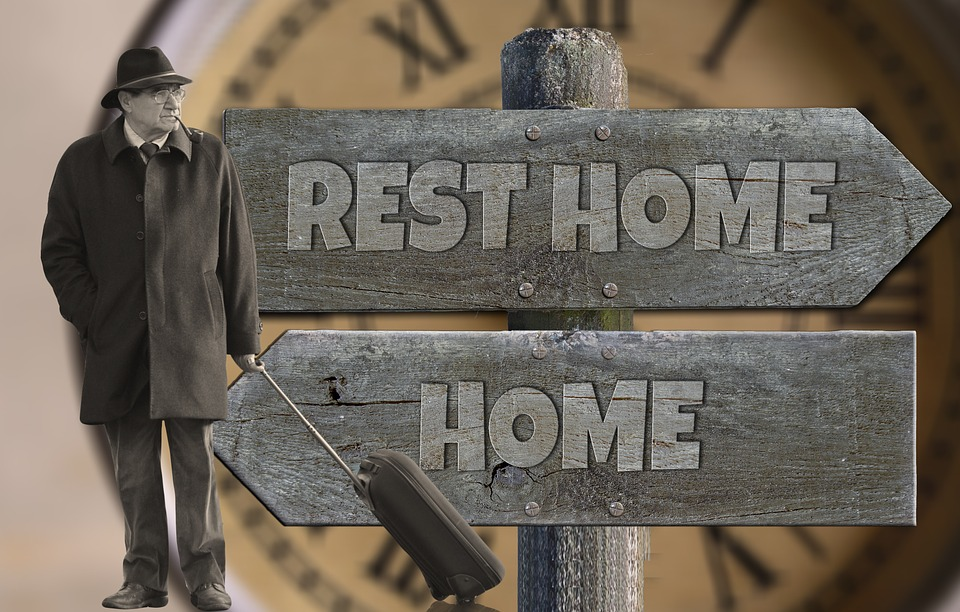Remaining in your own home as you grow older, also known as aging in place, may seem intimidating, especially if you have a physical or an emotional disability. After all, there’s so much work to be done. You have to prepare your own meals, clean your own home, and basically take care of yourself without a team of trained professionals.
Or do you?
Help is available if you decide to age in place, and there are tons of benefits. You can also avoid the downfalls of residing in a nursing home or retirement community. Read the valuable information below before you decide to tour a senior living facility.
Costs Are High
Do you enjoy living alone? Expect to spend an average of about $8,500 per month for a private room at a nursing home. The price drops to around $7,500 if you want a semi-private room, but that isn’t exactly a budget-friendly rate if you’re on a fixed income. Rates for retirement communities vary, but you may still pay a hefty price to spend your golden years around other seniors.
Approximately one-third of seniors between the ages of 60 and 69 and more than 50% of seniors above the age of 70 no longer have a mortgage payment. If that description matches your situation or you’re close to paying off your home, it often makes sense to stay in it. You can use the money you’d spend on your monthly mortgage premium to pay for assistance with your daily tasks or in-home healthcare, if needed. You may find that you simply need a few home modifications, such as a wheelchair ramp or shower rail, to help you function without assistance.
Risk of Illness Is Potentially Lower
Viral infection such as the flu can spread quickly among the population of a nursing home or retirement facility. If you have a weakened immune system, the flu may turn into pneumonia, which can be fatal. You’re also at risk of contracting contagious illnesses such as strep throat, lice, and the common cold.
Residents who receive care in a nursing home may also contract staph infections, bladder infections, or skin infections. Healthcare workers often have a large number of patients to attend to during their shift, which makes them prone to fatigue-related errors. You may end up taking the wrong medicine or an incorrect dose of your prescriptions.
If you choose to age at home and receive medical care, your healthcare worker may provide one-on-one attention, focusing solely on your needs. This may help reduce the risk of life-threatening errors.
Protect Your Possessions
The news is full of stories about innocent senior citizens who were victims of theft, fraud, or embezzlement. While it’s true that theft can occur in your own home or while you’re out running errands, you may find it easier to keep an eye on prized possessions if you remain in your own home. You can choose safe places to store them to decrease the risk of theft.
If you hire someone to help with errands or provide in-home health care, make sure to place valuable items out of sight before your helper arrives. Many workers have good intentions, but it’s important to protect yourself against the ones who don’t. Never provide your banking information or Social Security number over the phone unless you’re 100% sure you’re speaking to someone from your bank or a government office, and don’t leave checkbooks out in the open.
Senior citizens deal with an assortment of pros and cons no matter where they choose to live. However, living in a retirement center or nursing home may have fewer benefits than aging in place. Consider the facts mentioned above before you move out of your own home and into an assisted living facility.

